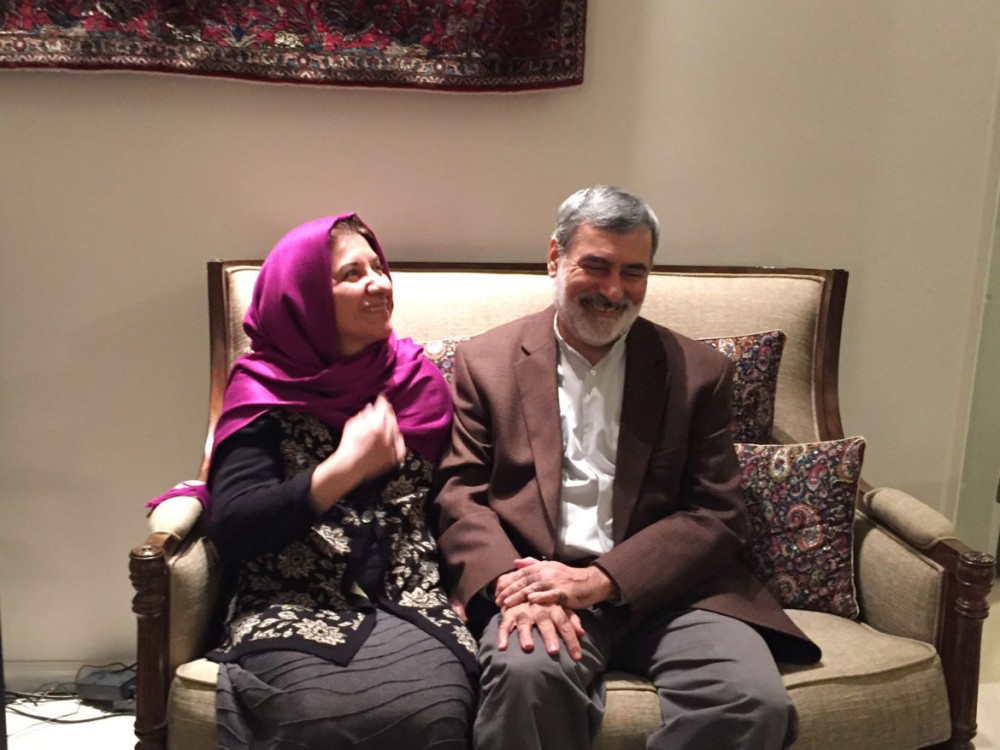Iranian dissident, a Duke professor, rushes return to U.S. in fear of another travel ban

Iranian dissident Mohsen Kadivar had begun what he expected would be a semester-long fellowship at Berlin’s Wissenschaftskolleg to work on a book. Instead, he returned to the United States on February 16.
Kadivar, a research professor in Duke University’s Department of Religious Studies, is a permanent resident of the United States. But immigration lawyers and Duke University administrators advised him to return in anticipation of another executive order barring travel for nationals of Iran and several other predominantly Muslim countries.
Duke joined 16 other schools in mid-February in a friend-of-the-court brief that calls the travel ban “unauthorized by statute and contrary to law.”
“I should thank the federal judges and American civil society,” Kadivar said. “Judicial power in the U.S. is one of the best. This is something I will write about—the independence of the judiciary.”
David Morgan, chairman of Duke’s department of religion, said another travel ban would be detrimental to Kadivar’s work.
“He’s an international figure whose work is recognized around the world,” he said.
Kadivar is an ayatollah, or Shi’ite Muslim leader, and an outspoken critic of Iran’s hardline clerical leadership. He spent 18 months in Tehran’s infamous Evin Prison after criticizing the murders of Iranian dissidents in a newspaper interview.
“We are not beginners at this,” said Zahra Roodi, Kadivar’s wife, who works at the Emerson Waldorf School in Chapel Hill.
While Kadivar is not allowed to return to Iran, Roodi wants to visit their two adult children and her 92-year-old mother.
“It feels like I’m stranded in a large prison,” said Roodi. “It looks like Mr. Trump is building a wall around the United States before he builds one on the Mexican border.” —Religion News Service





